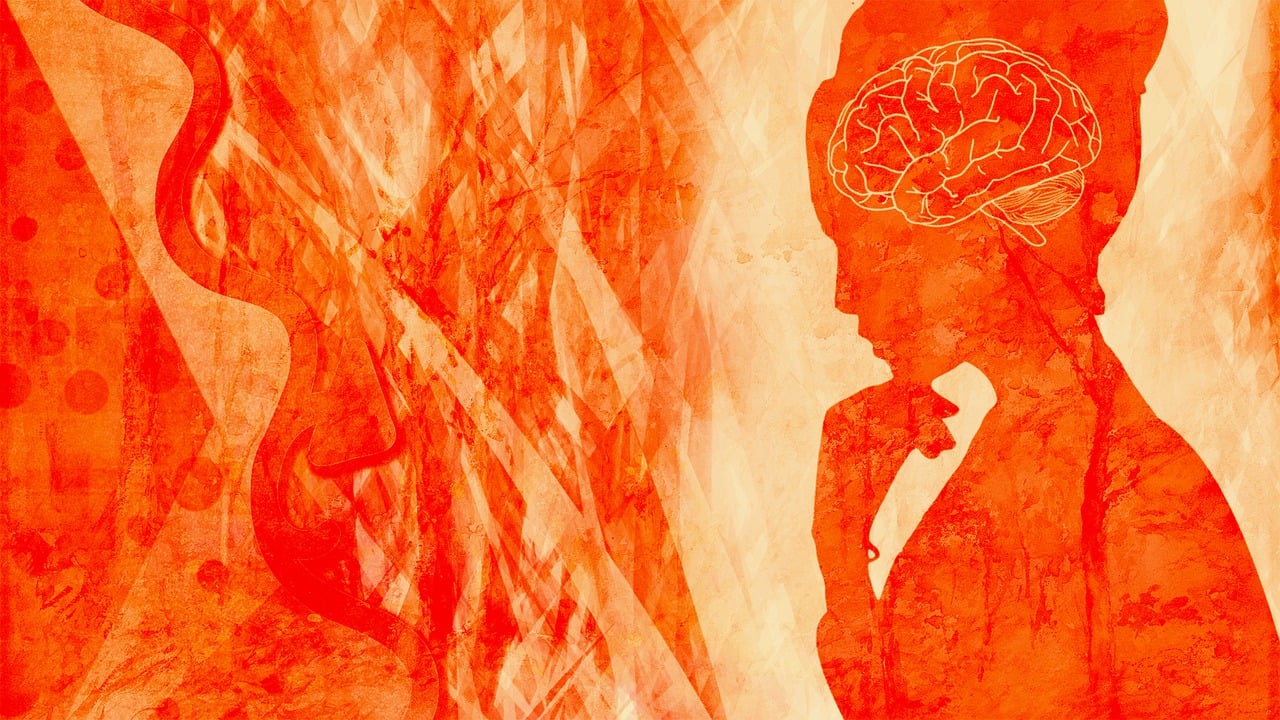How do you cope with whatever life throws at you?
Coping is the ability to deal with difficult situations. Coping skills are the skills that we use to achieve this. It is, therefore, possible to describe a wide range of skills and activities as ‘coping skills’. It is also clear that some coping skills may be healthier than others.
Our trauma responses (Fight/flight/freeze/fawn/flop) are to keep us safe. They are subconscious and instinctive.
Coping skills however, are the conscious thoughts and behaviours we use to deal with stressful situations. We usually develop them as children, and depending on factors such as our attachment style, whether we experience adverse childhood events, and how we are helped to regulate our emotions as children, our coping skills can be both healthy and unhealthy.
Generally speaking, healthy coping skills are defined as those that help us to either reduce our emotional distress, or deal with the problem. They may be mechanisms that soothe us in some way, or temporarily distract us.
Unhealthy coping skills, by contrast, are those that may help in the short term, but tend to store up problems for the future.
These include:
Drinking or using drugs as a way to numb our feelings; Binge-eating, or starving; addiction – shopping, gambling, exercise, work; self-harm; avoiding the situation. Distracting ourselves is a healthy coping strategy—but only for a short time. Continuing to avoid or ignore a problem or stressful situation is not healthy. It is far better to address it.
In children in particular, signs of being unable to cope, or developing unhealthy coping mechanism may include behaviour such as tantrums or, later on, antisocial behaviour. Children are often unable to express their emotions in words and use behaviour instead.
If you are struggling to cope, try focus on some healthier strategies;
Care for yourself: Put on lotion that smells good, spend time in nature, take a bath, drink tea, or take care of your body in a way that makes you feel good such as painting your nails, doing your hair, putting on a face mask.
Engage in a hobby: Do something you enjoy such as colouring, drawing, or listening to music.
Exercise: Do yoga, go for a walk, take a hike, or engage in a recreational sport.
Focus on a task: Clean the house (or a closet, drawer, or area), cook a meal, garden, or read a book.
Practice mindfulness: List the things you feel grateful for, meditate, picture your “happy place,” or look at pictures to remind you of the people, places, and things that bring joy.
Use relaxation strategies: Play with a pet, practice breathing exercises, squeeze a stress ball, use a relaxation app, enjoy some aromatherapy, try progressive muscle relaxation, or write in a journal
Consider therapy to help you to break bad habits, build resilience and tolerance, and gradually introduce healthier coping mechanisms into your life.
Andrea x

